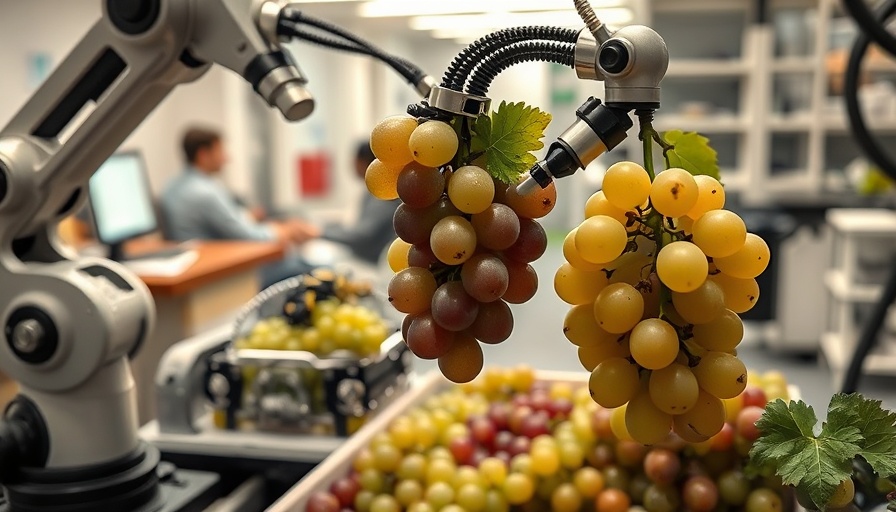
DeepMind: The vanguard of artificial intelligence
As we stand on the brink of a technological revolution, Google's DeepMind is at the forefront of advancing artificial intelligence (AI). In a recent segment from the acclaimed program 60 Minutes, viewers were offered a rare glimpse into the inner workings of this pioneering laboratory, where machines are not just learning but are evolving the way they reason and interact with the world around them.
The evolution of AI and its implications
DeepMind was established with an ambitious vision: to solve complex problems using artificial intelligence. Since its inception, it has focused on harnessing AI capabilities to provide solutions in various fields such as healthcare, gaming, and robotics. By developing systems that learn efficiently by imitation and experience, DeepMind is committed to pushing the boundaries of what machines can achieve. This mission ties to a broader narrative across the tech landscape, where AI has become increasingly integrated into everyday life, enhancing efficiency in industries from finance to healthcare.
The reasoning power behind AI
The most striking aspect of DeepMind's current research is its focus on teaching AI to reason—a fundamental human skill that allows us to make decisions based on incomplete or ambiguous information. The deep reinforcement learning techniques employed by DeepMind enable machines to analyze data and arrive at conclusions similar to human thought processes. This approach not only provides insights into data interpretation but also raises ethical questions about autonomy and decision-making in AI systems.
Connection to real-world issues
The real-world applications of DeepMind's research extend well beyond academic interest, particularly in finding solutions for pressing societal challenges. One of the key initiatives includes using AI algorithms to predict and manage health crises, such as tracking diseases or predicting patient outcomes. This intersection of AI technology and public health could potentially revolutionize how we respond to health emergencies, ultimately saving lives and reducing costs.
A predictable future: Opportunities in AI
As AI technology continues to evolve, so too do the opportunities it presents. Experts predict that industries will increasingly rely on AI systems capable of performing complex tasks, driving greater productivity and innovation. The use of AI in sectors like agriculture, where intelligent systems can optimize crop yields and resource use, showcases the potential for transformative economic impact. Employers must prepare their workforce for this shift by investing in skills training, enabling employees to adapt in an AI-driven workplace.
Counterarguments: The risks of AI
However, there is a growing discourse around the risks associated with AI advancements. Critics raise concerns about privacy, data security, and the potential for job displacement. As machines become more autonomous, the question arises: who is accountable for AI actions? As we embark on this journey, stakeholders—from policymakers to tech companies—must engage in thorough discussions about regulating AI and addressing these challenges proactively.
Relevance to national news today
In today's rapidly changing world, affording awareness about advances in AI remains crucial. Understanding these developments shapes public perception and influences policy decisions that directly impact lives. With ongoing coverage in national news highlighting tech developments and government regulations, citizens must be informed about these transformations as they unfold.
What can you do?
Stay informed about the ongoing developments in AI, especially as they relate to the ethical implications and societal impacts. Consider engaging with local and national news sources to deepen your understanding and stay updated with the latest discussions around technologies that shape our future.
In an era where knowledge is power, being versed on AI and its implications can help individuals make informed choices in their professional and personal lives.
 Add Element
Add Element  Add Row
Add Row 



 Add Row
Add Row  Add
Add 


Write A Comment